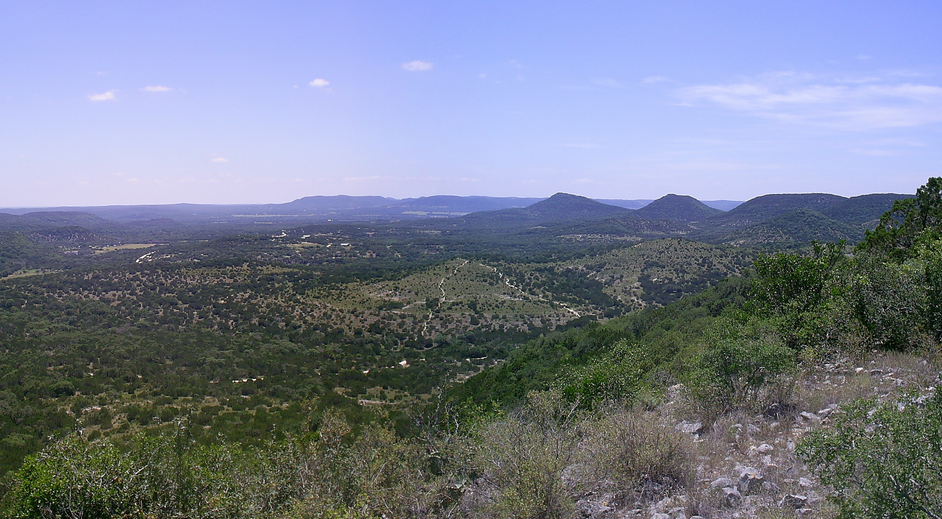I’m an unlikely environmentalist. I spent most of my working life with a state transportation agency. I was an advocate for investments in safe efficient highways. Suffice it to say, I made few friends among those who worked for environmental groups. Ironically, I often agreed with their positions. I valued clean water and air and open natural spaces. What was frustrating is that they almost never offered any support for my view that safe and efficient highways saved lives and property damage, supported economic growth, and reduced some environmental damage.
This tension between the basic needs of people for food, shelter, and the products of nature and the needs of the natural environment has long existed. But, now it is clear that a healthy natural environment is among our basic human needs. We cannot survive without clean air and water, natural open spaces, and abundant wildlife. I need only reflect on my lifetime to know that we are in danger of losing these basic human needs.
I grew up on a farm in southern Wisconsin, just outside of Madison, the state capitol and the home of the University of Wisconsin. When I was a kid in the 1950s, the farm was way out in the country. Some of my earliest memories involve sitting on our back steps on summer nights enjoying the quiet and the dark night skies. The stars were brilliant, because very little artificial light existed. We lived on a main highway. My sister and I would often sit on a blanket on a Sunday afternoon and count cars. We could spend an afternoon and keep track of the all the cars and the state licenses with no trouble. All of our neighbors were farmers, like my parents. No one lived in the country and worked in the city.
I drove past my parent’s farm a few years ago. Like the farms of all of our neighbors, it’s been eaten up by mini mansions on five or ten acre lots. The little farmland that remains is managed by one or two large farmers. Not a single Holstein cow could be seen on Dairy Ridge Road. I wasn’t there for the night sky, but I doubt it’s much to see, since every mini mansion has at least one nightlight. The main road has been moved and expanded. You can now count more cars as you wait to merge onto it than my sister and I saw in an entire afternoon.
Since I moved to New Braunfels, I’ve seen the same trends, albeit at an even faster pace. Subdivisions are popping up all over. If you drive in the “country” in any direction, you’ll see the Texas version of mini mansions perched on those beautiful hills. It takes a fairly long drive to enjoy truly natural open spaces.
A child born today will attain my age in 2090. How the world will look when that child reaches my age will be determined by the decisions we make now. Obviously, that child and others will require the basics of food and shelter, but will we recognize that a healthy environment is also a basic need and take steps as a community to preserve some of the natural open spaces that still survive, to ensure they are there for future generations?
 This article “An unlikely environmentalist with an eye on the future” was written by Ernie Wittwer and published in the New Braunfels Herald-Zeitung as a featured guest column on December 1, 2019.
This article “An unlikely environmentalist with an eye on the future” was written by Ernie Wittwer and published in the New Braunfels Herald-Zeitung as a featured guest column on December 1, 2019.
Ernie Wittwer is a resident of New Braunfels. Retired after a career in public service, he is a volunteer for the Comal County Conservation Alliance (CCCA).

